6 Positive Ways that Living with Chronic Pain Changed My Life: Lessons Learned Over a Decade
In this blog post, Brooke Greenberg, a Clinical Psychology PhD student, reflects on her 10-year journey with chronic pain and shares six positive ways it has transformed her life, including fostering gratitude, inspiring advocacy, and leading to a new career path. Brooke's story embodies resilience and a commitment to dismantling the stigma surrounding chronic pain.
Brooke Greenberg
Share this:
This blog is part of our ongoing efforts to amplify and honor patient voices and patients’ lived experiences. Have a story to share? Reach out at info@megfoundationforpain.org.
Just this year, I have come up on the 10-year milestone of living with chronic pain. What one might immediately assume is all the misery that I endure daily living with pain. I am here to say that is the furthest thing from the truth. I am 24 years old, and by the way I live my life, nobody would take a wild guess in a million years that pain is a part of my life or has ever been a part of my life (AKA my life is normal!). However, it wasn’t always like that.
Here are six positive ways pain has changed my life, and lessons I have learned over the past decade:
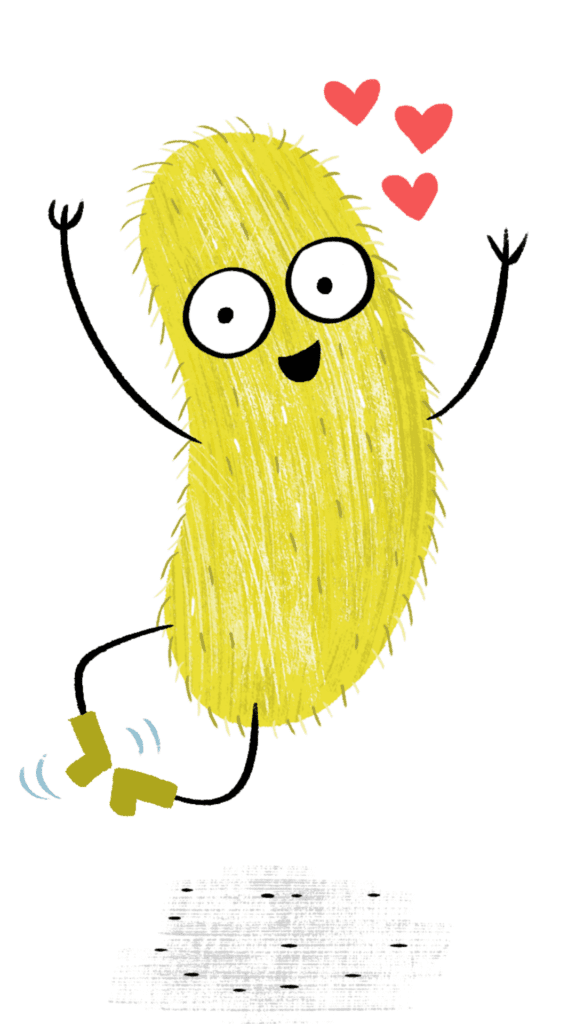
1. Pain has taught me GRATITUDE:
Growing up, I always heard from family and friends to be grateful, and say things out loud that you were appreciative of. It wasn’t until pain came into my life, and I recovered from pain, that I knew how to practice gratitude daily.
I have learned to be grateful for the little things, like the ability to take a walk spontaneously and not feel anything but refreshed and rejuvenated, going to new and different workout classes, and doing cardio and weight training almost daily. When you are nearly couch-ridden for years and every activity had a consequence, spontaneously being active is a true gift.
I also have immense amounts of gratitude for the people in my life who have supported me every step of the way, physicians, psychologists, PT, OT, family, and friends. When the days get tough, I can simply remind myself of just a few things I am grateful for.
2. Pain has taught me to use my voice for positive change
For the first three years of living with pain, I firmly believed this was my life, that this was my fate. A few years after I went to a pain rehabilitation program, my curiosity was piqued on how I can use my story for positive change. Since my pain rehabilitation experience, I have spoken many times at both the program I went to and other programs around the country, developed a podcast with The Comfort Ability Peer Advisory Board, lead numerous monthly groups for kids with pain, and recently became a representative for a national psychology organization. Sharing my story with kids and parents alike that there is a light at the end of a tunnel, and where you may be in your pain journey is not where you will always have created a deeper meaning and purpose in my life.
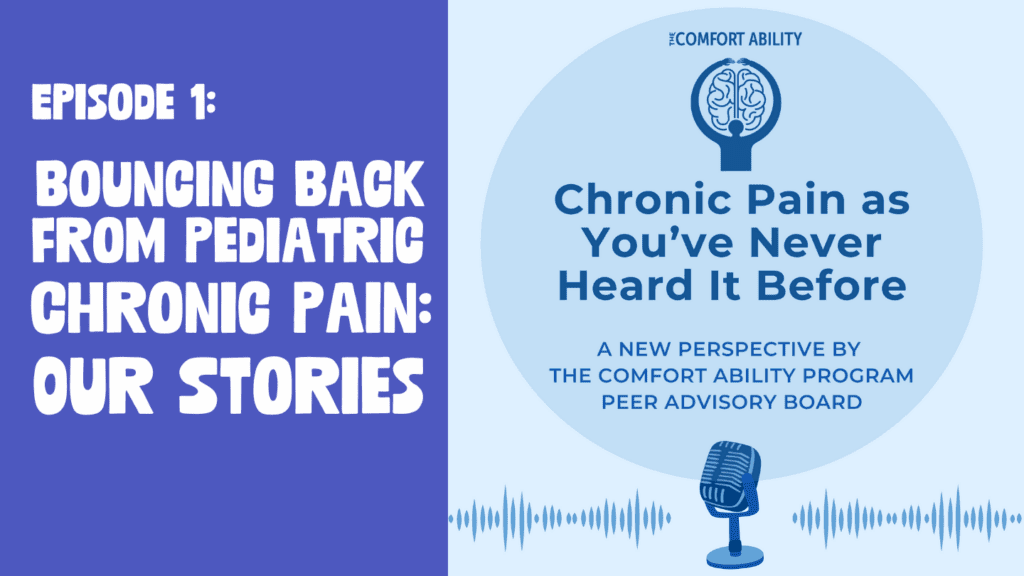
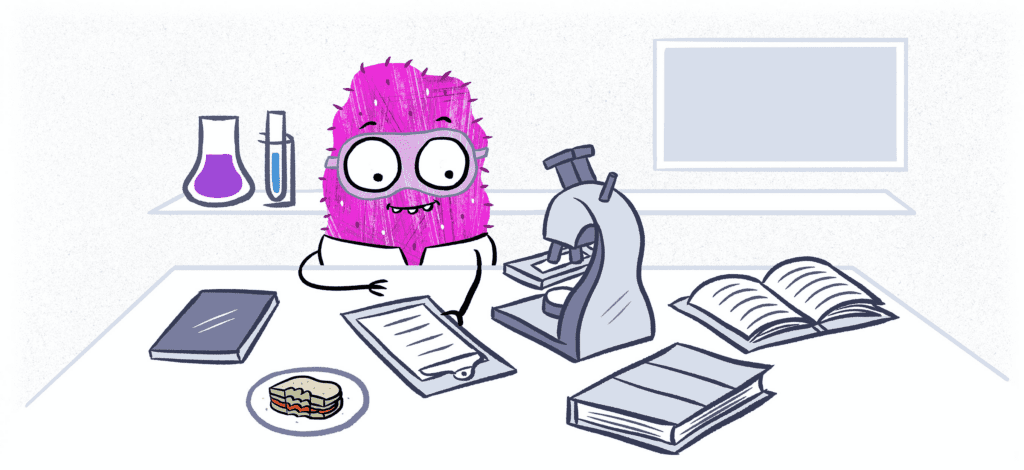
3. Pain has brought me a new career
My entire life I wanted to be a doctor, specifically when I was in high school, I was certain I would be a pediatric neurologist. It took a pain journey to introduce me to some of the most influential people in my life that have seemingly the most rewarding careers on the planet. I am proud to say that I am a current PhD student in Clinical Psychology studying to eventually become a pediatric pain psychologist.
4. Pain has taught me resourcefulness and resilience
I vividly remember at the beginning of my pain journey, being told over and over that this was only the beginning and that there was no chance of ever getting better. I then took it upon myself to contact other young adults who went to pain rehabilitation, speak to them live, come up with alternative options to get back to living, and learn to NEVER give up on the hope of resuming a normal life. The tenacity it took to jump feet-first into pain rehabilitation was easily the scariest risk I have ever taken. It was a leap of faith and my last resort at the time. I knew deep down that this would work and every time I got knocked down during my time in pain rehabilitation, I stood up and stood up stronger (figuratively and literally!). I take this same resilience through my everyday life now as a doctoral student.
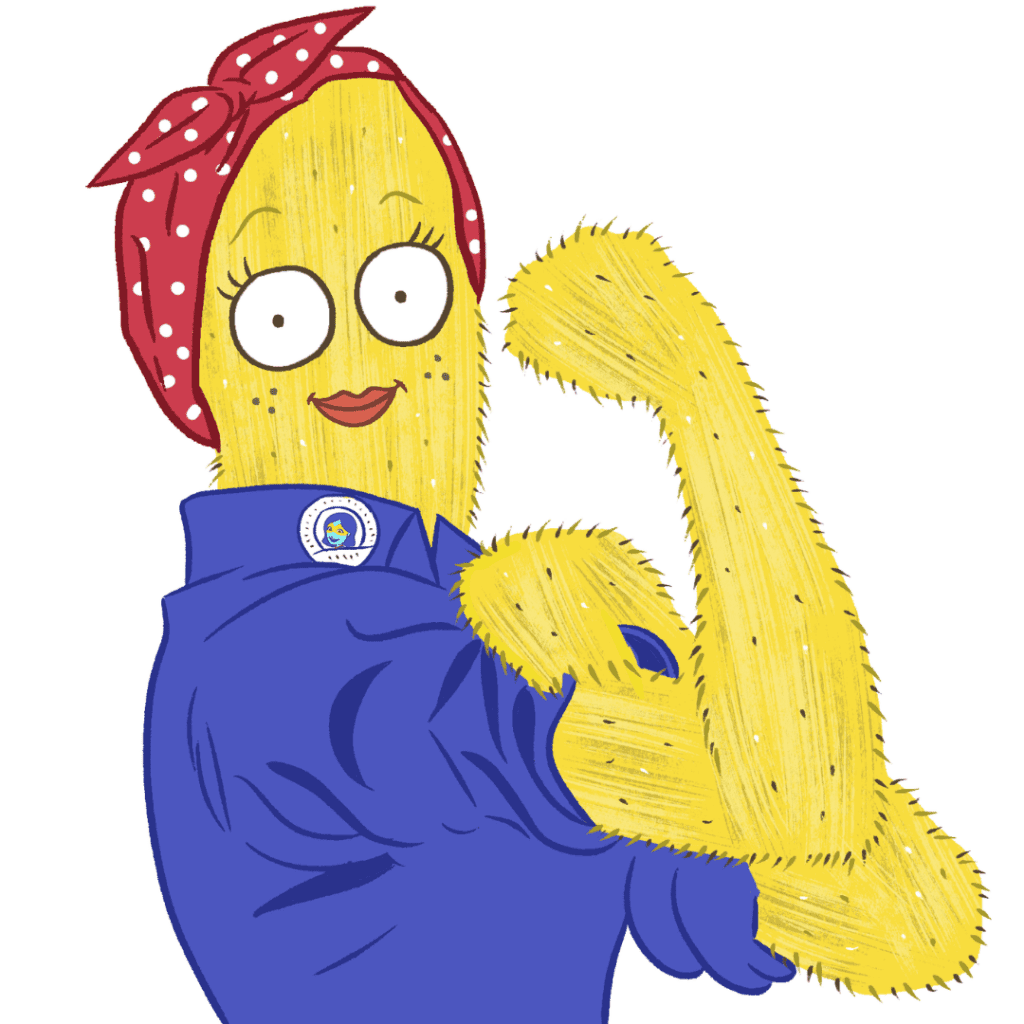
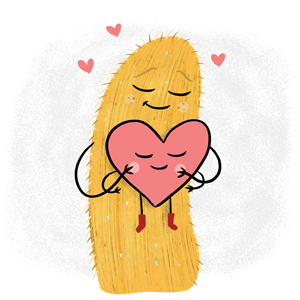
5. Pain has taught me the value of self-care
One of the core principles that is virtually universal no matter where you are is the importance of taking care of yourself. I have learned that self-care takes many shapes and sizes. I have tried on almost every type of self-care activity and have built up a toolkit of self-care strategies that I can use no matter the setting or time. More than ever, I have learned to practice what I preach and incorporate several self-care exercises into my everyday routine. Taking a few extra minutes for myself before my workday to meditate and ensuring I get both cardio and strength training has paid dividends in maintaining my mental and physical health.
6. Pain has Taught me to Ask for Help
One of the hardest truths that has come out of living with pain has been knowing when to say “no” and ask for help. When some days my best is not where it was the day before, or I need a little extra time on an assignment, pain has taught me to give myself grace, or simply need to take some time for myself. Learning to hit the pause button or take a brief break has been invaluable.
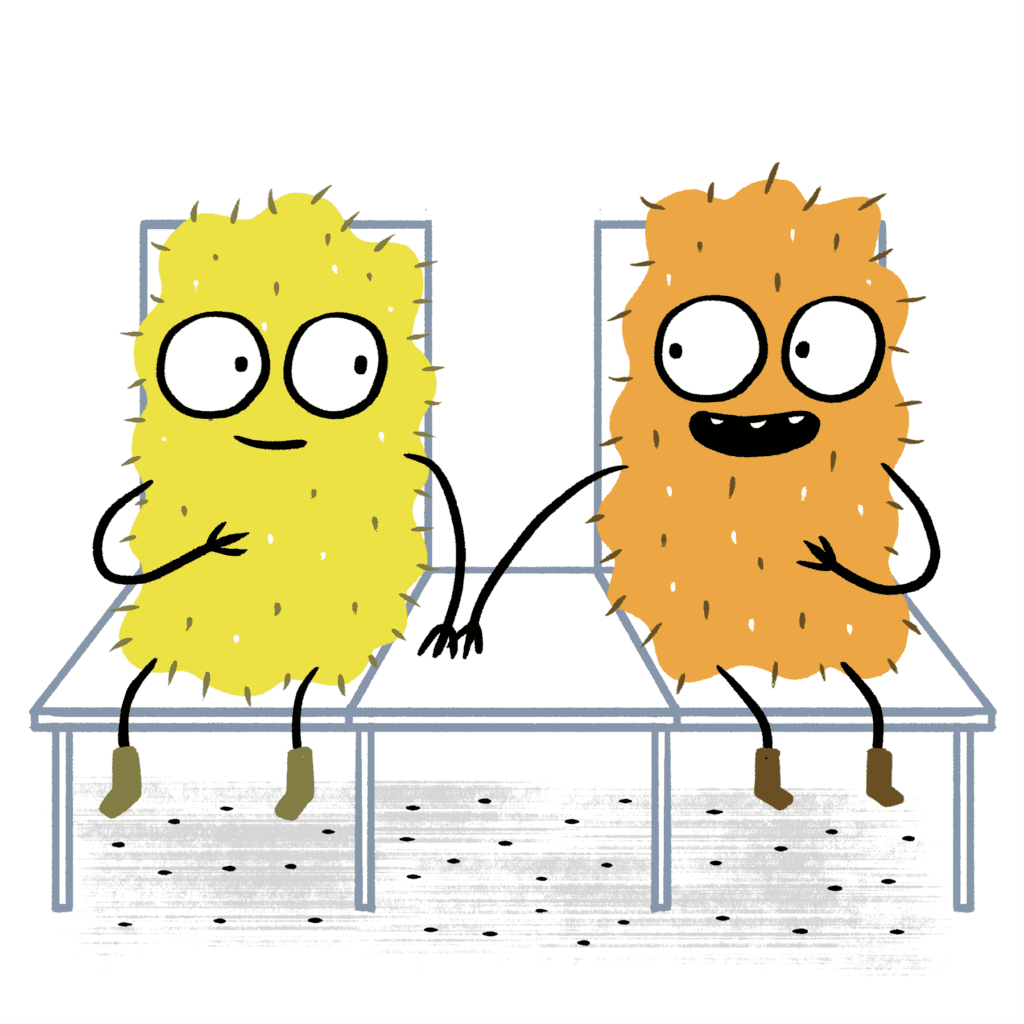
Throughout these past 10 years of living with pain, I have learned some tough, life lessons. But rather than thinking of my pain journey as something that has held me back from chasing my dreams, I have used my experience to shape my worldview positively and create a new path forward.
You May Also Be Interested In
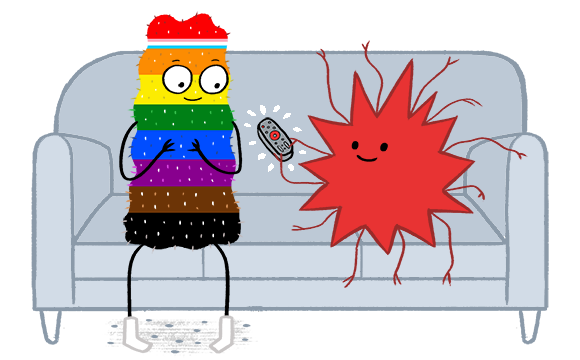
Blog Post
5 Ways Pain Affects the LGBTQIA+ Community
Pain isn’t just physical—it’s deeply shaped by who we are, how we see ourselves, and how the world treats us. For LGBTQIA+ individuals, understanding and addressing pain means recognizing the powerful role of identity, community, and inclusive, affirming care.
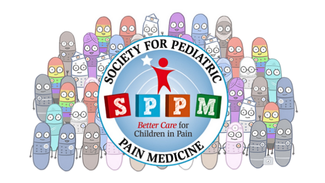
Blog Post
Why the World Needs the Society for Pediatric Pain Medicine
An interview with Dr. Rita Agarwal, Clinical Professor of Anesthesiology at Stanford and founding member of SPPM
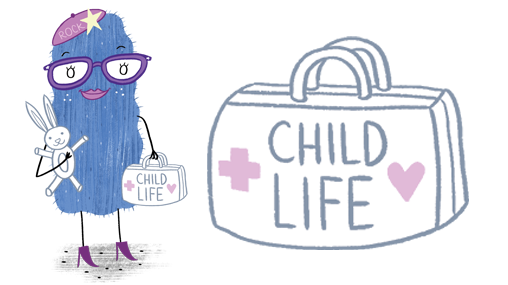
Blog Post
Helping Kids Cope? Yeah, It’s Kinda Our Thing
Child Life Specialists are the undercover superheroes of pediatric healthcare—and when they team up with the Meg Foundation? Let’s just say pain, fear, and anxiety don’t stand a chance.
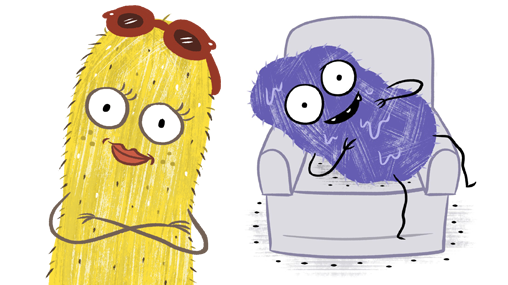
Blog Post
Chronic Pain Is On The Rise—Here’s What You Can Do About It Now
Earlier this week, The Washington Post featured a startling stat in their Big Number series: nearly 1 in 4 adults in the U.S. experienced chronic pain last year. And that is up from 20.4% in 2019! Let that sink in.

Blog Post
Nine reasons why pain management is a big deal
Even though we all live with it, we still get asked—usually by someone who isn’t currently in pain—‘Is it really that big a deal?’ As a pain nonprofit, we can say with complete confidence: Heck yes, it is!
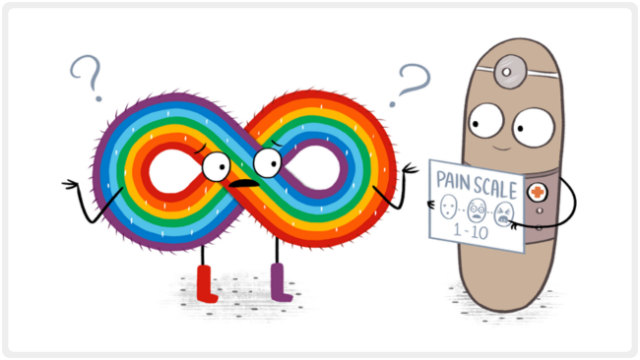
Blog Post
How Pain Affects Autistic People and What We Can do to Help
Danielle Hall from the Autism Society sheds light on the unique ways autistic individuals experience and communicate pain. Her insights help us understand why recognizing their discomfort can be challenging—and how we can better support them. Let’s dive into her guidance on providing more compassionate care.

About the Author
Brooke Greenberg is a second year Clinical Psychology PhD student at Nova Southeastern University in Fort Lauderdale, Florida. Brooke aspires to be a pediatric psychologist with a focus in chronic pain and work in a multidisciplinary pain rehabilitation program. She has had full body chronic pain for nearly a decade, with the most impactful experience attending a multidisciplinary pain rehabilitation program which included physical therapy, occupational therapy and cognitive behavioral therapy, which transformed her life.
Brooke joined The Comfort Ability Peer Advisory Board in 2020 with the goal of amplifying voices of those with chronic pain and sharing stories of hope and courage with those living with chronic pain. Brooke also hopes to dismantle the stigma of chronic pain in that you can live a productive, meaningful life despite adversity. She is a host on the Peer Advisory Board podcast ‘Chronic Pain as You’ve Never Heard It Before‘, a podcast that includes practical tips and skills for managing pediatric pain, but also a big dose of hope and encouragement for those who are struggling.